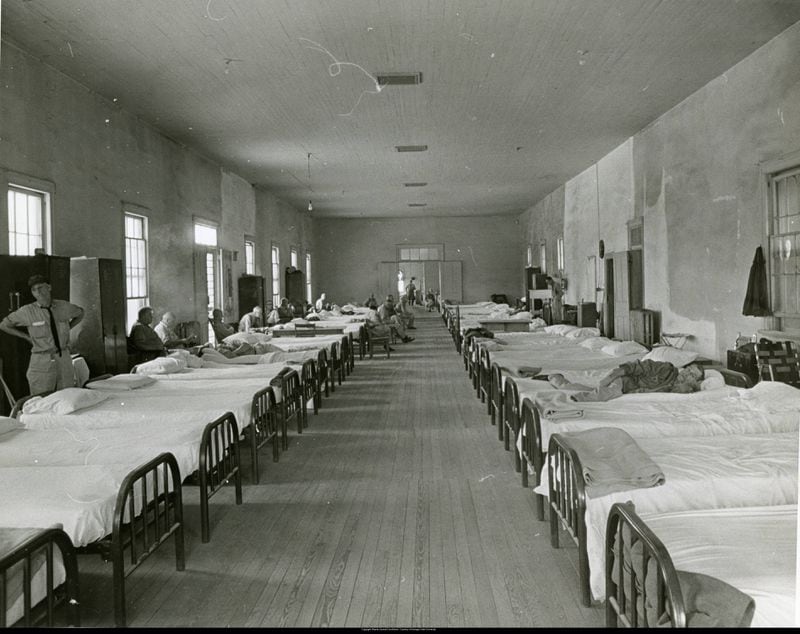Credit: Alan Judd
Credit: Alan Judd
More than 250 Georgians with developmental disabilities are stuck in a dangerous limbo: housed in a state psychiatric hospital while waiting to move into a group home or other community-based facility.
Either can be a perilous place for such vulnerable people, federal authorities say.
The U.S. Department of Justice alleges Georgia has not complied with a 2010 agreement in which it promised to overhaul services for people with severe mental illness and developmental disabilities. The agreement ended a federal investigation into dozens of suspicious deaths in the state hospitals, first reported in The Atlanta Journal-Constitution in 2007.
As bad as the hospitals may have been, many transferred patients have encountered poor care in community settings.
Of the 503 people transferred out of the state hospitals under the 2010 agreement, 79 have already died, the Justice Department said in court papers.
Many deaths were preventable, the result of “unaddressed medical needs,” the department said. “While the majority of these persons had complex medical needs that are associated with higher mortality, many of the death reports document poor assessments, care and oversight across the state.”
Credit: Alan Judd
Credit: Alan Judd
People with disabilities were housed in state hospitals for decades, often from early childhood. Some lived in the facilities for five, six, even seven decades, often warehoused in large rooms lined with beds.
But by not providing community homes with a high quality of care, the state is ensuring “that persons with disabilities languish needlessly in the highly restrictive and segregated settings of the state hospitals,” the Justice Department said.
The state rejects the federal government’s argument. It says the 2010 agreement never required that disabled people be provided with high-quality care – just that they be moved out of the hospitals.
Quality care, the state said in a recent court filing, is “a subjective concept.”








